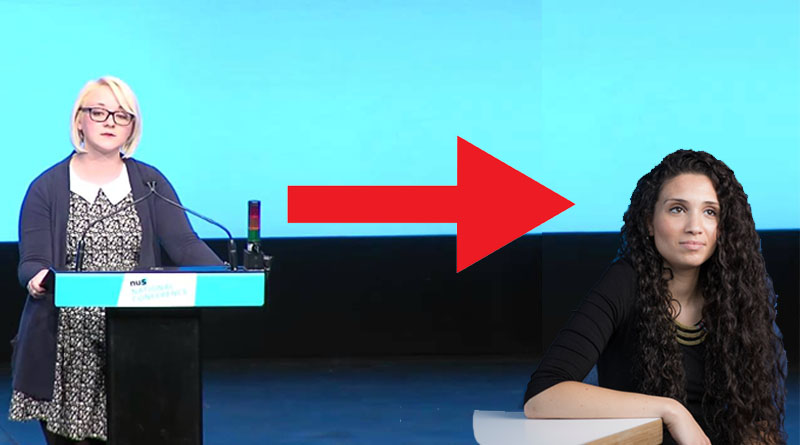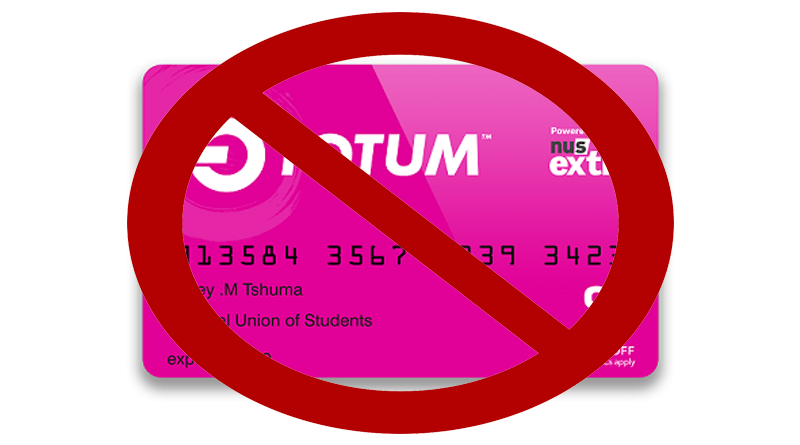Why have the National Union of Students fallen so hard?
Recently at universities up and down the UK they have all been having their own pint sized Brexit-style referendums; Unions are coming together in order to try and decide whether they should, or should not remain part of what is known as the National Union of Students (NUS).
This revolution follows the recent axing of NUS staff, in which the student charity made around a quarter of their staff redundant in order to cut budgets.
Multiple budgets for campaigns for campaigns, programs and initiatives that the group were running were also slashed in order to cut costs, some of which have been cut up to half of the budget.
They received severe backlash in particular for cutting the LGBTQ and diversity campaign they’re running. In their 2019/20 budget, they decided to axe two full time positions of one Trans-gender officer and LGBTQ+ (women place).
This has left many people feeling like liberation for women and minorities are not at the top of their priority despite the NUS changing their ‘Women in Leadership’ which was run by the DPC, and who’s aim is to promote fair delegation and split gender roles in elections. This lead many students who wished to be involved in the NUS to start calling themselves women.

Not to mention their affordable housing for students in London initiative, in which they aim to literally support those who cannot afford to choose between rent and basic necessities. This chain of events transpired after it was revealed that the organisation are £12.3 million in debt with a £3 million deficit and facing bankruptcy; despite charging universities an affiliation fee in the ten’s if not hundred’s of thousands of pounds.
Christ Church’s own Becky Thomson n the current state of the NUS:
The backlash towards NUS began in 2016 when the University of Lincoln held a public campaign as to whether they should disaffiliate with the NUS or not. This vote came from the brewing on campuses up and down the country, Lincoln students voted 881 to 804 to leave.
This was a driving force that put wind in the sails for many similar disputes going on at institutions like York, Oxford, Exeter and Manchester.
The beginning of all this unrest can be traced back to the election of Toni Pearce’s replacement as president, Malia Bouattia, in 2015, who once referred to Manchester University as a ‘zionist outpost’ with “the largest JSoc (Jewish student society) in the country whose leadership is dominated by Zionist activists'” at a conference in 2011.

The Home Affairs Select Committee slammed her for her comments and described them as “outright racism” and accused her of “failing to take sufficiently seriously the issue of anti-Semitism on university campuses”.
Unfortunately this problem extends beyond the union’s leadership. At the last conference, some students even voted against a motion to commemorate Holocaust Memorial Day. Darta Kaleja, a delegate from Chester University, argued that commemorating Holocaust Memorial Day would mean ignoring other global atrocities. With views as deplorable as these, it’s no surprise that students distance themselves from the NUS.
Many feel that at a time where student engagement with their union’s and voting in student based politics is so low, the NUS has been keeping itself busy with highly specific political campaigns which have been described as total wastes of money and damaging to the UK’s student population.
The NUS’s leaders and delegates are just way too out of touch with current student politics. Unsurprisingly, the latest ICM poll puts student support for the Conservative Party at 49 percent.
An example of them wasting their money can be found in their 2015 ‘Liar Liar’ campaign in which the NUS shelled out £40,000 for anti-liberal democratic posters’ to be plastered all over major London train stations.

Liberal Democrat and student Chris Whiting reacted at the time by arguing that the campaign did nothing but “disunite the student population” and insulted “10 percent of the student population”.

The NUS used the database of TOTUM card users to get personal details of around 13,000 students and email them pro-NUS propaganda, thus rendering the poll results null an the whole vote was called off. Now the union must wait until after spring to vote again.
What do you think? Should CCSU leave the NUS?
NUS Referendum Update: https://t.co/Zea8USdYWa
Last week we announced that the result of the referendum Had been declared invalid because of a serious breach of our rules. This update will provide more information about the decision, and outline the next steps. pic.twitter.com/5KgBBkJod5
— Christ Church SU (@christchurchsu) March 28, 2019
